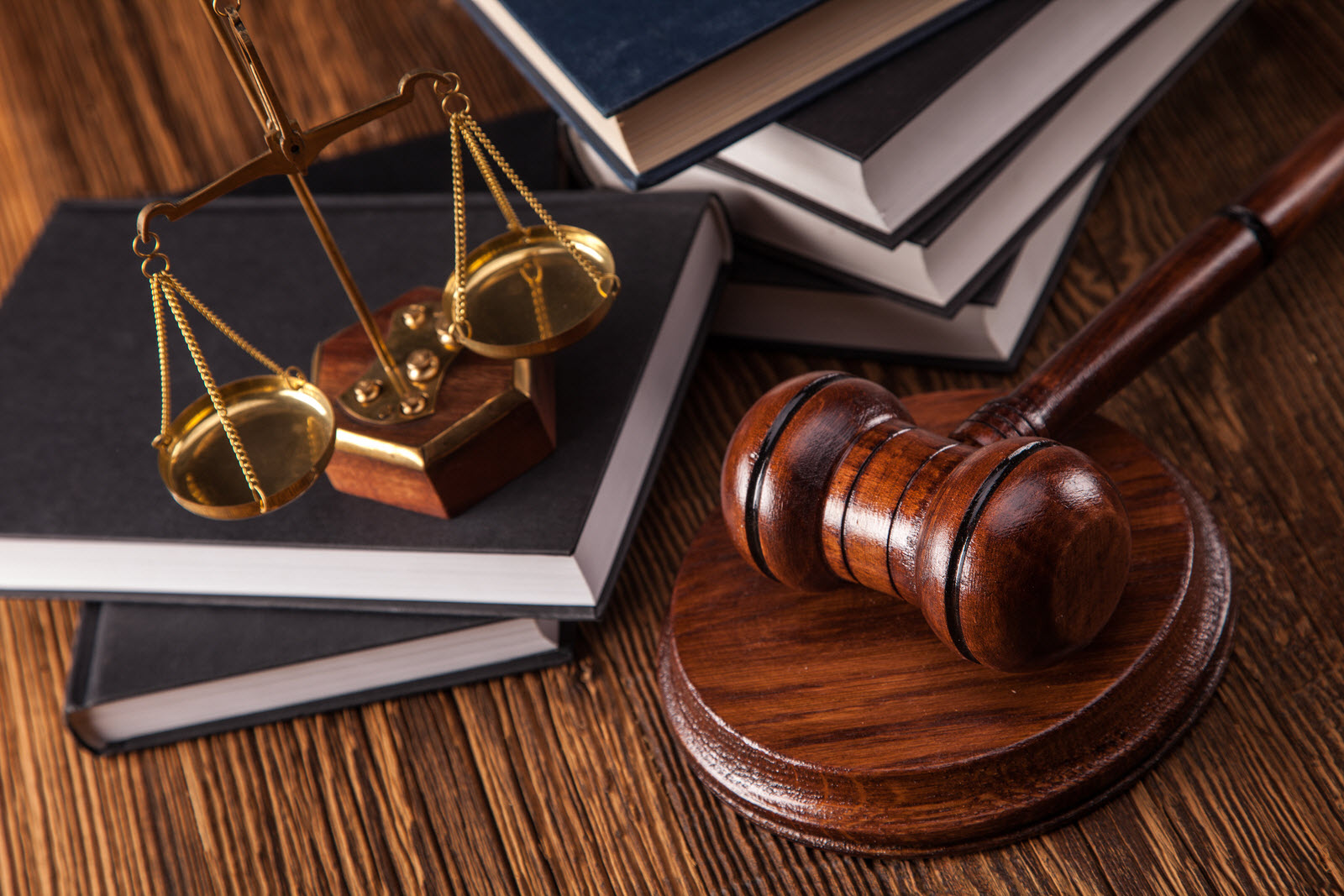Navigating the complexities of federal appeal cases can be daunting. The stakes are high, and the process is intricate, requiring expertise and precision. Choosing the right federal appeal lawyer is critical to the success of your case. This comprehensive guide provides expert tips to help you make an informed decision and select the best legal representation for your federal appeal.
Understanding the Role of a Federal Appeal Lawyer
Federal appeal lawyers specialize in reviewing and challenging decisions made by lower courts. They possess a deep understanding of federal laws, procedural rules, and legal precedents. Their primary role is to identify errors in the trial court’s proceedings, draft persuasive appellate briefs, and present oral arguments to appellate judges.
The Importance of Specialization
When selecting a federal appeal lawyer, it’s crucial to choose someone who specializes in appellate law. Appellate practice differs significantly from trial practice. It demands a unique skill set, including the ability to analyze trial records meticulously, research complex legal issues, and write compelling arguments. A lawyer with a proven track record in federal appeals will be better equipped to navigate the nuances of your case.
Evaluating Experience and Expertise
Experience is a critical factor in choosing the right federal appeal lawyer. Consider the following aspects when evaluating a lawyer’s expertise:
Case History and Success Rate
Review the lawyer’s case history to determine their experience with federal appeals. Look for a high success rate in similar cases. Lawyers with a strong track record demonstrate their ability to craft effective appellate strategies and achieve favorable outcomes.
Professional Background
Examine the lawyer’s professional background, including their education, training, and previous positions. Lawyers who have clerked for appellate judges or worked in appellate divisions of law firms bring valuable insights and experience to your case.
Publications and Speaking Engagements
Lawyers who regularly publish articles on appellate law or speak at legal conferences are often well-respected in their field. Their contributions to legal scholarship indicate a deep understanding of appellate issues and trends.
Assessing Analytical and Writing Skills
The success of a federal appeal largely depends on the quality of written briefs submitted to the appellate court. Therefore, a lawyer’s analytical and writing skills are paramount.
Sample Briefs
Request samples of appellate briefs the lawyer has previously written. Evaluate these samples for clarity, thoroughness, and persuasiveness. High-quality briefs should present a logical flow of arguments, supported by relevant legal precedents and statutes.
Attention to Detail
A successful appeal hinges on identifying and articulating errors made during the trial. The lawyer must demonstrate meticulous attention to detail in reviewing trial records and highlighting crucial issues.
Communication and Availability
Effective communication between you and your lawyer is essential throughout the appellate process. Ensure that the lawyer is readily available to discuss your case, answer questions, and provide updates.
Initial Consultation
Use the initial consultation to gauge the lawyer’s communication style and responsiveness. A good appellate lawyer should be able to explain complex legal concepts in a way that is easy to understand and should be willing to address your concerns.
Client Reviews and Testimonials
Read client reviews and testimonials to gain insight into the lawyer’s communication skills and client satisfaction. Positive feedback from previous clients can indicate a lawyer’s reliability and professionalism.
Understanding Legal Fees and Costs
Federal appeals can be costly, so it’s important to understand the lawyer’s fee structure and associated costs upfront.
Fee Structure
Federal appeal lawyers may charge by the hour or offer a flat fee for handling an appeal. Clarify the fee structure during the initial consultation and ensure you understand what services are included.
Additional Costs
In addition to legal fees, there may be additional costs such as filing fees, copying charges, and costs for obtaining trial records. Ask for a detailed estimate of these expenses to avoid surprises later on.
Interviewing Potential Lawyers
Interviewing multiple lawyers will help you find the best fit for your case. Prepare a list of questions to ask during each consultation.
Key Questions to Ask
What is your experience with federal appeals?
Can you provide examples of similar cases you have handled?
What is your approach to drafting appellate briefs?
How do you stay updated on changes in appellate law?
What are the estimated costs for handling my appeal?
Comparing Responses
Compare the responses from different lawyers to assess their expertise, communication skills, and approach to handling your appeal. Choose the lawyer who instills the most confidence in their ability to represent your interests effectively.
Making the Final Decision
After thoroughly evaluating potential lawyers, it’s time to make your final decision. Consider all factors, including specialization, experience, writing skills, communication, and costs.
Trust Your Instincts
While objective criteria are important, trust your instincts when making the final choice. Choose a lawyer you feel comfortable with and who demonstrates a genuine commitment to your case.
Commitment to Your Case
Ensure the lawyer is fully committed to representing you throughout the appellate process. They should be proactive in keeping you informed and dedicated to achieving the best possible outcome for your case.
In Closer
Selecting the right federal appeal lawyer is a critical step in ensuring the success of your appeal. By following these expert tips and conducting thorough research, you can find a lawyer who possesses the necessary expertise, skills, and dedication to effectively represent your case.

